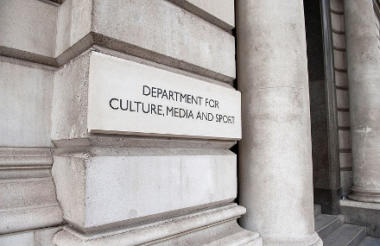From this autumn charities should find it easier use money donated to a fundraising appeal, which did not reach its target or exceeded its target, for other similar purposes.
The Charities Act 2022 received royal assent in February, and today the government set out the implementation plan.
Other measures set to come into force this autumn include changes to ex-gratia payments, where a charity may want to show goodwill as well as remuneration to trustees to providing goods and services to their organisation.
From this autumn there is expected to be changes to the power of the court and the Charity Commission to make schemes.
Spring 2023: Changes to permanent endowment, charity land and names
Increased flexibility for trustees to borrow from their permanent endowment is set to come into force next spring, alongside less burdensome regulations for selling charity land.
Other measures due to come about next spring are rules relating to charity names and amendments to the Universities and College Estates Act 1925.
Autumn 2023: Mergers, charity constitutions and appointing trustees
Finally, in autumn 2023 changes to make it easier for charities to merge will come into force.
Also due in autumn 2023 are the remaining provisions in the act such as changes to charity constitutions and powers relating to appointing trustees.
Review of the act
The implementation process will be led by the Department for Digital, Culture, Media and Sport (DCMS), with the Charity Commission and other government departments.
Some provisions require existing guidance to be updated, while other provisions may require new guidance to be produced.
DCMS will review the act within three to five years. The government has also said it will review whether the thresholds set out in an earlier piece of legislation, the Charities Act 2011, should increase with inflation.
There are a number of financial thresholds set out in the 2011 act, with the accounting and reporting burden increasing as charities' incomes and/or assets increase.
The first such threshold is that charities need to register with the Charity Commission once their annual income reaches £5,000. There are also lighter touch accounting and reporting requirements for charities with incomes under £25,000 and under £250,000.
The highest threshold is set at an income of £1m or gross assets of £3.26m. At this level, charities need to prepare full accounts on an accrual basis, have them audited and submit them to the regulator.
Related articles











